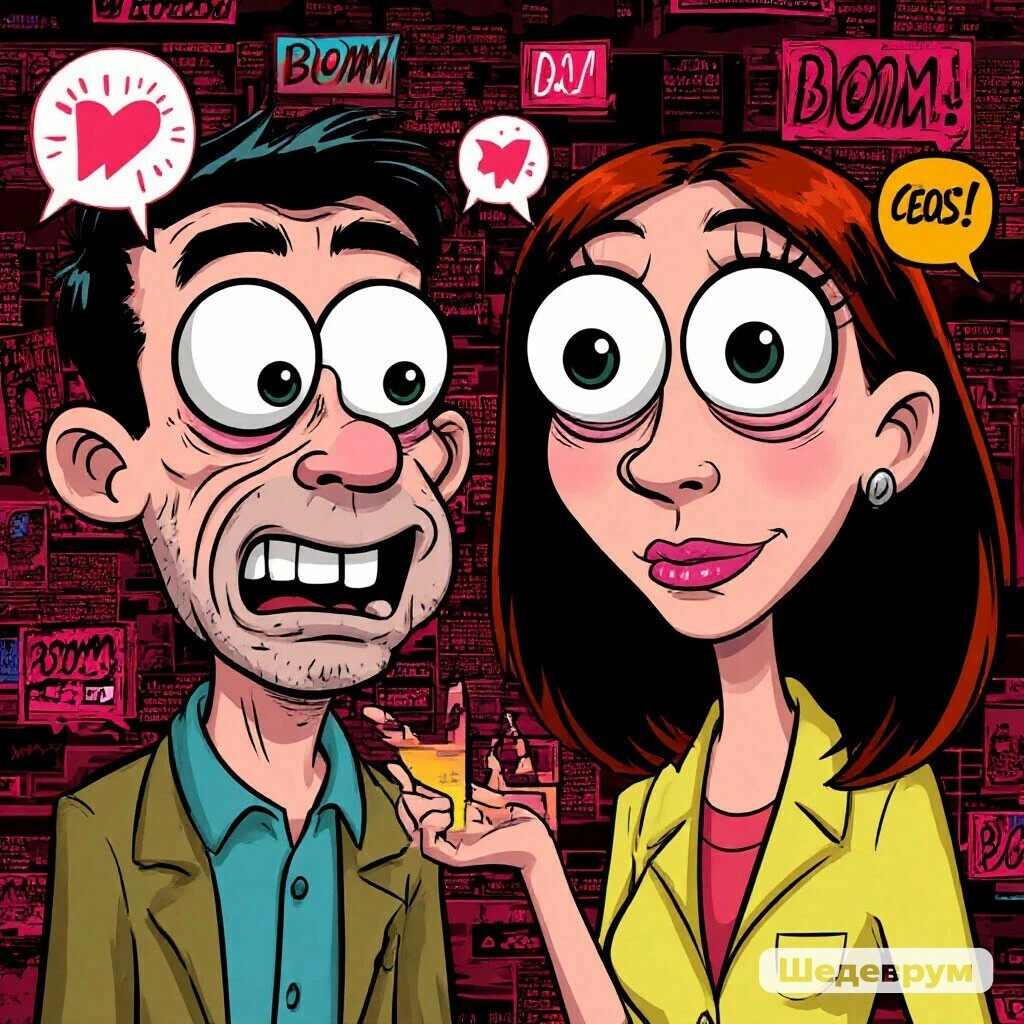The Great Manipulation: How Pop Culture Taught a Generation to Hate Itself
What began as entertainment ended as psychosocial catastrophe. For decades, pop culture systematically taught self-hatred and ridiculed human connection. The results? Relationship crises, mental illness epidemics, and emotional illiteracy.
MTV wasn't music television – it was behavioral programming. Beavis and Butt-Head taught that intelligence was pathetic and empathy embarrassing. Emotional numbing became the price of belonging – a calculated business model. People who don't feel don't question consumption.
The music industry commercialized suffering. Nirvana's "I Hate Myself and Want to Die" wasn't a cry for help but a brand. Kurt Cobain's pain became profit. The message? Self-hatred is cool. Insecure teens buy more – clothes, cosmetics, music that validates anguish.
Reality TV normalized exploitation. "The Osbournes" turned mental illness into entertainment. Ozzy's deterioration wasn't tragedy but comedy. "Crazy Train" became an ironic anthem for a generation losing touch with reality. Your pain is just content.
Networks like Comedy Central perfected emotional numbing. The pattern? People as punchlines, serious issues as jokes. The result? Dangerous arrogance – believing you're superior because you take nothing seriously.
The damage is devastating: chronic self-doubt, inability to connect, emotional illiteracy. We've forgotten how to take ourselves or others seriously. Real bonds replaced by performative socializing – hollow interactions behind ironic masks.
Healing begins when we:
1. Listen without retreating into irony
2. Stop consuming human fragility as entertainment
3. Dare to take feelings seriously again
Our need for recognition isn't luxury – it's as vital as air. Years of numbing it with likes and reality stars created a society of isolated, insecure people.
The solution? Returning to humanity.
First: detoxify how we see others. Laughing at weaknesses poisons everyone. A fault-finding society never finds peace.
Second: rebuild community. Connection comes from willingness to support each other, not perfection.
This revolution starts small:
- Real conversations instead of small talk
- Vulnerable encounters instead of performances
- Courage to be unguarded rather than mocking
The change is hard – it means unlearning decades of conditioning. But a world without connection is unbearable. The time to act is now. In every moment we choose humanity over detachment. Together. For each other. Only then can we rediscover peace, self-worth and psychosocial health.
